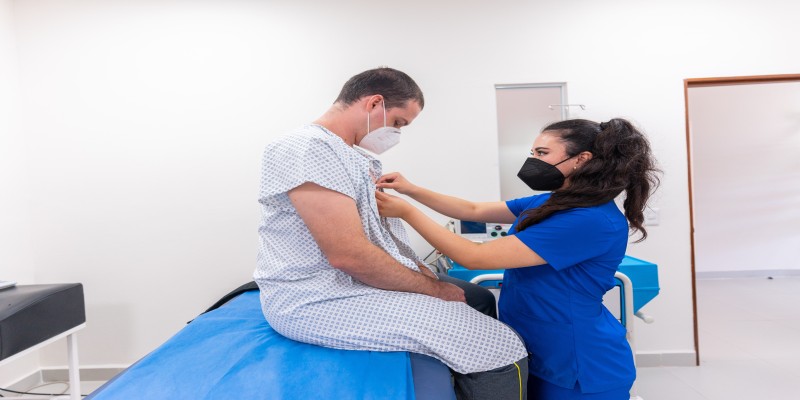
PAD Revealed: The Shocking Truth About Blocked Arteries and the Surprising Ways to Keep Your Legs and Heart Healthy!
Introduction:
Peripheral artery disease (PAD) is a condition that causes narrowing of the arteries in your legs. This narrowing can restrict blood flow to your legs, making it difficult to walk or climb stairs. PAD is more common in people over the age of 50, and it is more common in men than women.
Symptoms of PAD:
The symptoms of PAD can vary from person to person and may include:
- Pain in your legs when you walk
- Cramps in your legs when you walk
- Tingling or numbness in your legs
- Weakness in your legs
- Skin changes on your legs, such as paleness, coldness, or sores
Causes of PAD:
The exact cause of PAD is unknown, but there are a number of factors that can increase your risk of developing it, including:
- Age
- Gender (PAD is more common in men than women)
- Family history
- High blood pressure
- High cholesterol
- Diabetes
- Smoking
- Obesity
- Physical inactivity
Treatment for PAD:
There is no cure for PAD, but it can be managed with medication and lifestyle changes. Treatment options may include:
- Medications. Medications can help to improve blood flow to your legs and reduce pain.
- Lifestyle changes. Lifestyle changes, such as quitting smoking, eating a healthy diet, and exercising regularly, can help to manage PAD and improve overall health.
- Surgery. In some cases, surgery may be necessary to improve blood flow to your legs.
PAD in Indian Patients:
PAD is a major health problem in India. According to the World Health Organization, PAD affects about 20 million people in India. This is due to a number of factors, including the country’s large population, high rates of smoking and obesity, and limited access to healthcare.
Preventing PAD:
There is no sure way to prevent PAD, but there are some things you can do to reduce your risk, such as:
- Quit smoking. Smoking increases your risk of heart disease and other serious health problems.
- Eat a healthy diet. A healthy diet includes plenty of fruits, vegetables, and whole grains. It is also important to limit your intake of saturated and trans fats, cholesterol, and sodium.
- Exercise regularly. Exercise helps to lower blood pressure and reduce your risk of heart disease and other serious health problems.
- Maintain a healthy weight. Being overweight or obese increases your risk of PAD.
- Get regular checkups. If you have risk factors for PAD, it is important to get regular checkups with your doctor.
Conclusion:
PAD is a serious condition, but it is one that can be managed with proper care. If you are concerned about your risk of PAD, talk to your doctor. They can help you assess your risk factors and develop a plan to reduce your risk.
I hope this article has helped you understand endometriosis better. You can consult a doctor for more information


